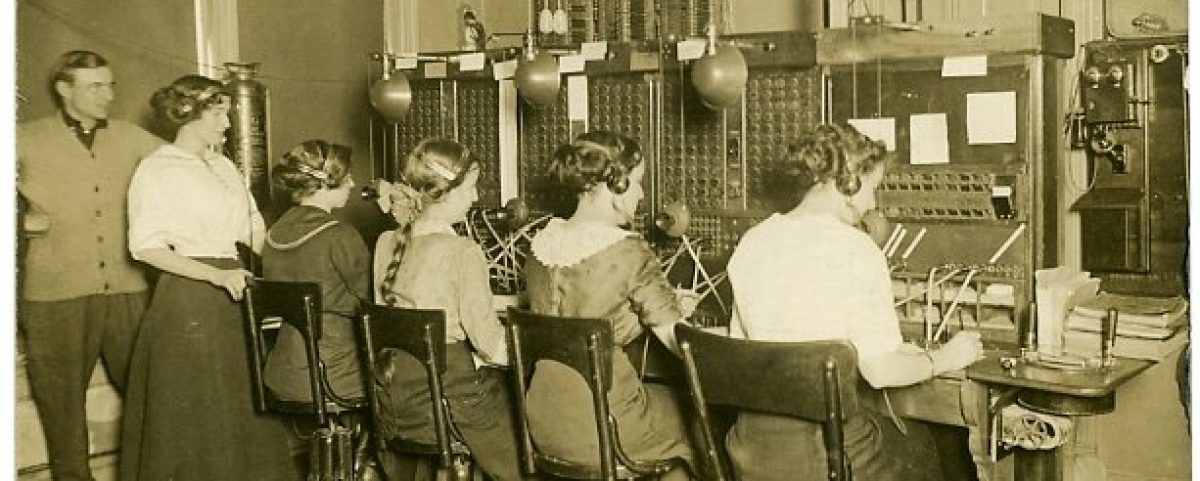
In a lively, interactive program the Cecil County Public Library examines the history of business and economic development in the county. Historian Mike Dixon leads this discussion, as we look back through the centuries to consider the intersection of the past with the present and the future.
The free program takes place Wednesday, October 21, at 7 p.m. at the central library on Newark Ave., Elkton.
Cecil always occupied the most strategic of locations at the head of the navigable waters of the Chesapeake, midway between the emerging cities of the northeast corridor. The roads, rivers, creeks, and productive farmland, created a bustling economy. Entrepreneurs also harnessed the ample power of rapidly flowing creeks spilling down from the Piedmont to drive water wheels for mills of various types.
As time advanced, the transformative dynamics of the transportation and industrial revolution emerged, as the pre-electrical age’s dependence on waterpower faded. These sweeping changes, involving the slow transition from an agricultural society to one more oriented toward manufacturing production, came together to give Cecil a surprising number of 19th-century manufacturing operations. The era of mechanization found industrialists capitalizing on Cecil’s resources to establish large paper mills and the county benefited from the significant capital investments.

Source: Historical Society of Cecil County Online Collection
http://teachers.ccps.org/moore/HSCC/photo%20home.html
In the 20th century, external national and international forces influenced the county’s business climate. During World War I Cecil experienced its first war boom, with construction starting on a large munitions plant. That was followed by a boom associated with the Second World War, which saw the creation of the Bainbridge Naval Training Center and munition plants in Elkton. This industrial complex employed some 12,000 workers in a county with a population of about 27,000 people
There were other types of booms, too. Right in the middle of the Great Depression, the Elkton marriage mill saw marrying parsons doing over 100 weddings a day as cupid created a highly profitable business environment. Then in the 1920s a large hydroelectric plant forever altered the Susquehanna, as old villages vanished under the water of Conowingo Lake.
Novel political, economic, and social forces affected the county in the second half of the 20th century. The Interstate Highway, suburbanization, and public policy directives were some of those, and there was always that matter of being in a corridor that was becoming crowded.
These broad business patterns will be discussed in this informative program as Dixon uses the historian’s lens to contemplate how the past, present, and future are connected.
Click here to register for the free program.

